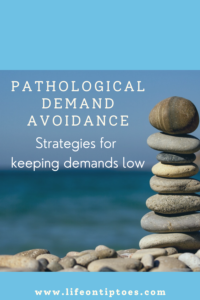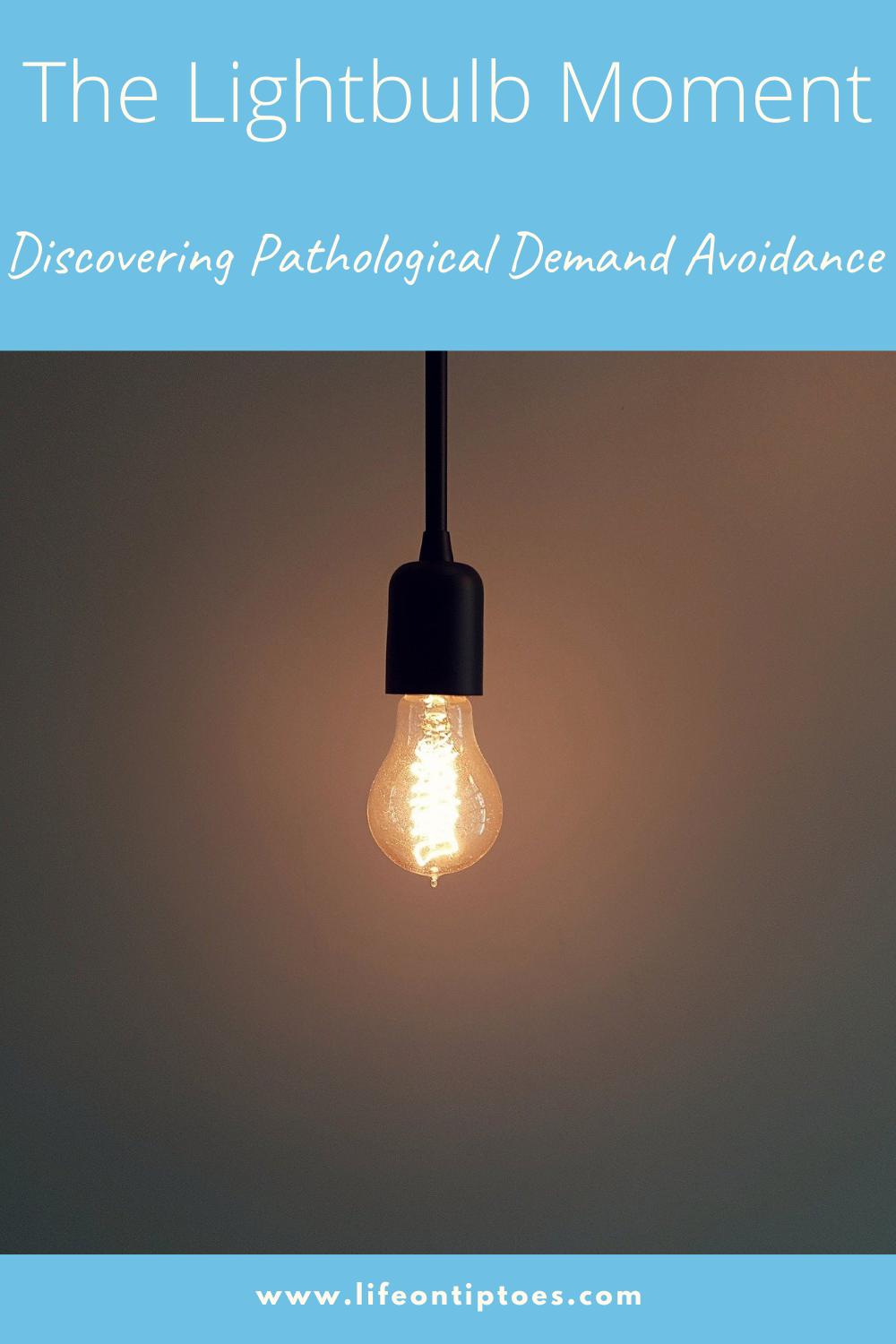The way you let your family and friends know about a child’s diagnosis, whether it be Autism, PDA, ADHD or any kind of neurodiversity (ND), can set the tone for how they respond to your child. This in turn can have an impact on how the child sees themselves. I believe that even kids with difficulties reading social cues or those who struggle with communication feel the attitudes of important people around them.
You may, like me, have been relieved when your child was identified as Autistic or as another ND way of viewing the world. You may have been surprised or confused. Either way you were likely overwhelmed with all the information about how to help your child. There is so much to read and discover about neurodiverse brains and while I find a lot of it exciting and fascinating it is certainly a lot to take in. It can be draining and anxiety provoking when considering all the different views and theories about how best to support your child.

Photo credit: Anna Shvets on Pexels.com
No matter how you are feeling about the information you have, allow yourself time to absorb and reflect on what this means for your child and your family. Work through how you feel and just allow yourself to stop and sit in the new space that you have found for understanding your child.
Once you have taken this time consider who you would like to share your news with. I suggest starting with people who love your child and are supportive of you as a parent. You want people who are not immediately going to argue that you have it wrong or react as if this is terrible news. Keeping positive is really important. Even in the midst of all the unknown focus on the wonderful things about what makes your child themselves. Perhaps up to this point you have been expecting them to be someone else without allowing them to show you all the amazing qualities that they possess. I began sharing with family who had always seen the true beauty of T past the difficult behaviours that people who did not know him focused on. These people may become or may already be your cheerleaders!
Are you planning to tell the child’s siblings or the child themselves yet? This is probably going to depend on their ages or level of understanding. We began by talking to T about how amazing our brains are and they work in various ways. One of the ways brains take in and use information is called ADHD, another is called Autism. Knowing how our own brains work can help us to understand why we are really good at some things and have more difficulty with others. T has not really taken in that he is Autistic but when he is ready to understand we will have already had many conversation about amazing brains. We want him to feel really positive about being autistic because it is an amazing way of experiencing the world. We want him to feel confident to share his ideas and way of thinking.
Avoid over explaining. If the person has a lot of questions and you feel able to answer them positively then go ahead but in general give a simple explanation and then refer them to articles and books you trust (see list at the end of this post). Giving guidance to resources that align with your parenting philosophy is important as there are certainly some that can undermine the positivity you are wanting to convey. There are some groups who see Autism or PDA as something that is negative and needs curing. They promote working towards changing your child to fit in with their neurotypical peers. That is not ok with me. Don’t we always hear people saying wouldn’t it be boring if we were all the same? So then why are people trying to make everyone the same? It baffles me.
If you have not been sharing the diagnosis process with others then you might want to start the conversation with something like….
“You know how ? is really great at ……..? Well we just found out that this is because they are autistic. Autistic people often have areas of special interest that they are very knowledgable about. They can have a hard time knowing how to communicate and interact with their peers. Parenting strategies may look a little different to what you are used to. If there are any questions you have I can try to answer them but I am still learning about the best way to support ?. It is so good to have this information now so that we can better understand ?s way of seeing and interacting with the world. “
Focus on the strengths that having an autistic/PDA brain brings. There are so many amazing strengths that your child has if they are encouraged and allowed to be themselves. They will be able to things that others kids can not do because they are autistic not despite it. Yes, there will be struggles but remind people that all kids are good at some things and not others. We all have strengths and weaknesses. If people only concentrate on the ways your child is struggling then they will miss seeing their incredible abilities. Are these people you want as part of your child’s village?

Photo credit: Marta Wave on Unsplash.com
Keep communication open and up to date. There are always new books, studies and articles being published. Keep up to date with the latest information about your child’s diagnosis. Some people may struggle to understand your parenting choices or your child’s needs. While you are under no obligation to explain yourself to others you may want to educate others. One day you might come across an article that helps a family member to better understand your child. Having more people around you who are well educated may provide more support for you and your child. After all, the purpose of a diagnosis is to learn more about your child and how you can support their needs.
Perhaps the most important thing to keep in mind both for your own understanding of your child and when sharing with family and friends is that your child is the same after the diagnosis as they were before it. The diagnosis does not change your child. It provides you with a place to start finding the supports that both you and they might need. It may give those around your child a better understanding of why they interact with the world as they do.
I want others to understand that identifying T as Autistic was not something to grieve but instead knowledge to use as a way to know him better and celebrate his unique abilities and honest view of the world.
I like to recommend sites to people so that I know that the information is appropriate. There are still unfortunately sites that advocate for cures and therapies that do not respect Autistic people. Here are a few that I like.

Photo credit: Joao Jesus on Pexels.com



